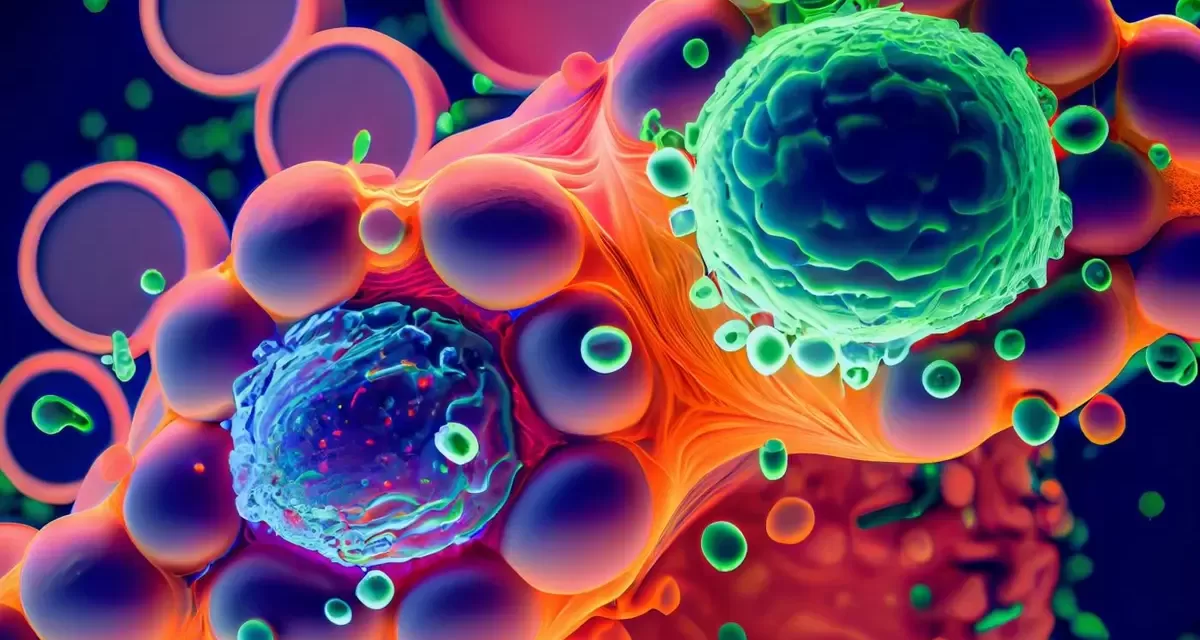Tel Aviv, Apr 2 – A groundbreaking artificial intelligence tool, scNET, developed by Israeli scientists at Tel Aviv University, is poised to dramatically alter the landscape of cell research and drug discovery. The innovative technology, detailed in a recent publication in Nature Methods, significantly enhances the precision of genetic data analysis by refining single-cell sequencing.
scNET addresses a critical challenge in cellular research: the presence of background noise that obscures subtle but vital biological signals. By employing advanced AI algorithms, the tool effectively filters out this noise and maps intricate gene interactions with unprecedented clarity. This enhanced precision allows researchers to identify previously undetectable biological responses, opening new avenues for understanding cellular behavior.
In rigorous trials, the team applied scNET to analyze T cells, a key component of the immune system crucial for fighting diseases like cancer. The results were remarkable. The AI tool successfully revealed previously overlooked insights into how certain cancer treatments bolster the tumor-fighting capabilities of these T cells. This discovery underscores the potential of scNET to unlock deeper understandings of cellular responses to various therapies.
“This breakthrough shows how AI can cut through biological complexity,” stated Tel Aviv University in a press release. The researchers believe that scNET’s ability to provide more granular and accurate data will significantly accelerate the drug discovery process. By offering a more profound understanding of cellular behaviors, scNET could pave the way for more personalized and effective treatments for a wide range of diseases.
The scientific community anticipates that scNET will become an indispensable tool in cell research, facilitating more precise and efficient analyses that ultimately benefit patient care.
Disclaimer: The information provided in this article is based on the provided source material and is intended for informational purposes only. While the claims regarding scNET’s potential are promising, further research and validation are necessary to fully assess its impact and clinical applications. Readers should consult with healthcare professionals for any health-related concerns and decisions.












